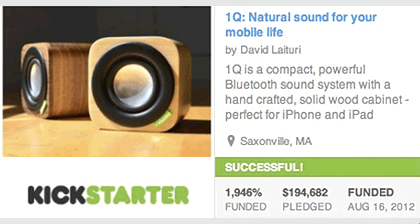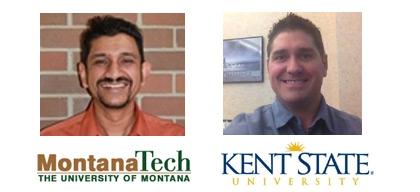
Jon Keng, Mercyanne Andes, Millali Marcano, and Sunyoung Bang are students in the Tufts Gordon Institute Masters in Engineering Management program. As a part of the program, students are engaged in short-term consulting projects to allow them to experience real-world challenges. They chose Sustainable Minds as their sponsor company for their summer practicum project.
Vers founder, David Laituri, clearly knows what it means to create a more sustainable product. One of his philosophies is the concept of ‘Chi-eco’ (pronounced chee-co). A customer buys a Vers product because of design and performance first (chic), and environmental performance second (eco). This philosophy truly helped Vers’ recent Kickstarter campaign achieve a 1946% funding goal and raise almost $200,000. David certainly knows how use ‘greener’ to drive product innovation that leads to new revenues.
When the team first met David, we were impressed by his extensive experience with product manufacturing and deep interest in sustainability. Every Vers component and process was already developed with sustainability in mind. It was a challenge: how can we improve on an already lean, sustainable design? Working with the team at Sustainable Minds has expanded our applicability of sustainability in product design and development. The key is to look at all of the phases of a product’s life cycle.
Designers,
Electronics,
Green Economy,
Innovation,
Life cycle assessment,
Manufacturing,
Marketing,
Materials & processes,
Products,
SM in education,
Strategies,
Teamwork,
Webcast




